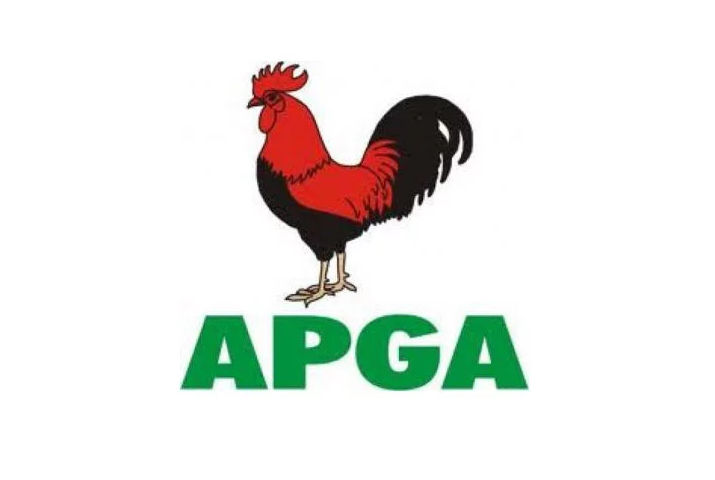The All Progressives Grand Alliance (APGA)‘s victory in the Saturday’s House of Representatives bye-election in Magama/Rijau Federal constituency in Niger State has understandably came as a rude shock to many distant observers of the state’s politics.
This is because APGA hardly has any firm footing and is relatively known in the state.
However, for those who have closely monitored the intrigues and drama that have trailed the race for the House of Representatives seat for the area, the outcome of the Saturday election did not come as a surprise.
The INEC returning officer, Professor Tanko Baba declared APGA’s Shehu Sale as the winner with 22,965 votes. PDP’s Alamu Emmanuel came second with 22, 507, while the African Democratic Congress (ADC) polled 336 votes.
One constituency, three of elections
21st Century Chronicle reports that Magama/Rijau federal constituency seat has been dogged by controversies since the 2019 general elections. The ground for the controversy, as many are wont to contend, was somehow laid by the ruling All Progressives Congress (APC) from the very beginning through imposition of candidates during its primaries.
The APGA’s candidate which emerged winner of the Saturday bye-election popularly known as Shehu Slow, was a staunch member of APC and a House of Representatives member for the federal constituency in 2015. After his first term in the lower chamber, Slow decided to go to the Senate but failed to scale the primary. His former party , the APC substituted his name with that of late Ja’afaru Illiyasu who won the ticket for the House of Representatives, resulting in a litigation.
Although he went ahead to win at the general election, the Supreme Court voided his emergence, replacing him with Ilyasu. However, the death of Iliyasu a few months later paved the way for a bye-election which pitched contending parties and candidates against one other.
Slow again threw his hat into the race and contested for the party’s ticket but Kasim Danjuma was to emerge as the candidate. Angered by the development, he then defected to APGA, but couldn’t participate in the bye-election against APC’s Danjuma and the candidate of the Peoples Democratic Party (PDP)‘s Emmanuel. APCs’ candidate, Danjuma won the bye-election held on March 27, 2020 but his victory was also short lived following a ligation against him by the PDP’s candidate which challenged his eligibility to stand for the bye-election.
Emmanuel had accused Danjuma of submitting forged documents to the INEC thereby making him ineligible to contest.
21st Century Chronicle reports that in its schedule for the bye-election which was held on Saturday therefore, the electoral umpire listed only three political parties as eligible to contest. This included ADC, APGA and PDP, while excluding the ruling APC.
‘Unseen hands’ of APC
The PDP has been crying foul since the declaration of the poll’s outcome by the INEC, attributing its loss to alleged ‘unseen hands’ of the ruling APC.
Malam Abbas Jibrilu, a PDP ward leader in Magama, wondered how it is possible for Slow to have lost in Rijau where he hailed and has been his stronghold and win in his opponent’s home, Magama.
“I can tell you authoritatively that this is the unseen hands of the APC which continued to have sympathy for Shehu. When they discovered that the table had turned in Rijau, they did their abracadabra in Magama which is our stronghold,” he lamented.
The PDP’s Zone ‘B’ leader, Yahaya Ability, also faulted the handling of the exercise in Magama which he accused the INEC of jettisoning the use of Card Readers resulting in alleged “cancellation” of many votes which would have added to the PDP’s tally.
He also questioned the inclusion of APGA among the parties in the contest, saying “even though APGA never fielded any candidate in previous primaries.
“We were already in court challenging the inclusion of APGA in the bye-election and we will pursue the matter to its logical conclusion to retrieve our mandate,” he said.









